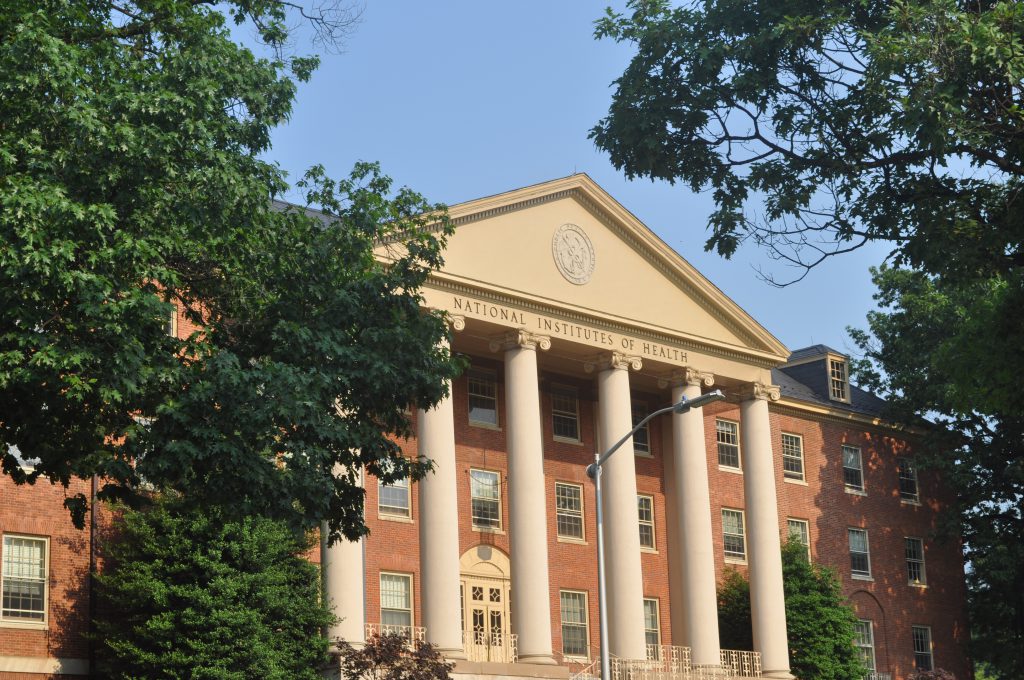NIH Funding to Study the Prevention of Dental Fear and Anxiety
Grants will supports clinical studies of the underlying causal mechanisms of dental fear

The National Institute of Dental and Craniofacial Research (NIDCR) has issued a funding opportunity for research into the causal mechanisms behind dental fear and anxiety.
NIH estimates that 10-20% of people experience clinically significant dental fear at some point during their lives. This problem is exacerbated in communities which are marginalized or face disparities in healthcare. Because the rate of dental fear among individuals has been significantly stable since the late 1960s, novel insight into the causal mechanisms behind dental fear and anxiety is necessary.
Researchers applying for this funding opportunity must propose a human experiment which “includes precisely controlled tests of hypothesized mechanisms underlying the etiology or prevention of dental fear, anxiety, or phobia among individuals of any age.” Researchers are expected to answer two questions in their study: (1) What are the causal mechanisms which create dental fear, and (2) How can these causal mechanisms be disrupted to prevent the creation of such fear?
The deadline to apply to NIH for this opportunity is November 10, 2020. NIDCR has set aside $1.2 million annually to fund these awards; individual grants budget are limited to $300,000 per year, for up to a 3-year period.
Interested in learning more about ways psychological science can inform dental and craniofacial health? Be sure to check out the APS Virtual Poster Showcase to learn about the recipients of the NIDCR/APS “Building Bridges” award, which recognizes scientists conducting research at the intersection of psychological science and dental, oral, and craniofacial health. Learn more in the APS Observer by clicking here.





APS regularly opens certain online articles for discussion on our website. Effective February 2021, you must be a logged-in APS member to post comments. By posting a comment, you agree to our Community Guidelines and the display of your profile information, including your name and affiliation. Any opinions, findings, conclusions, or recommendations present in article comments are those of the writers and do not necessarily reflect the views of APS or the article’s author. For more information, please see our Community Guidelines.
Please login with your APS account to comment.